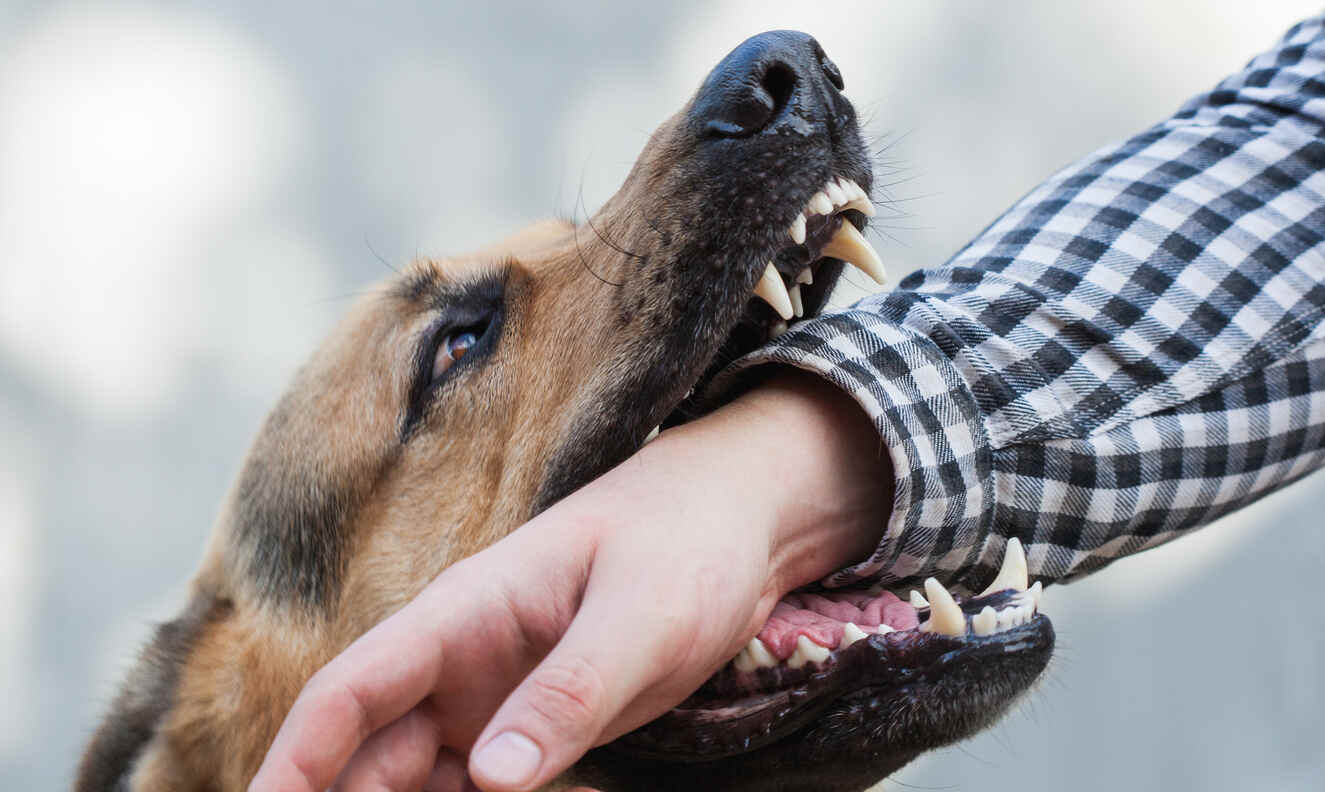Dog attacks can cause severe physical injuries and lifelong emotional trauma, especially when the victim is a child or vulnerable adult. While California’s strict liability law holds dog owners responsible for the harm their pets cause, there are situations where landlords or property owners may also be held accountable.
These cases can be more legally complex because they require proving that the landlord knew, or should have known, of the danger and could have prevented the attack. Understanding when a property owner can be held liable helps victims pursue all available sources of compensation.

Why Dog Bite Liability Extends Beyond the Owner
California’s dog bite statute places responsibility squarely on the dog’s owner. However, this law does not shield landlords or property owners from liability when their own negligence contributed to the attack. Property owners have a duty to maintain premises that are reasonably safe for tenants, guests, and lawful visitors. When a landlord permits a dangerous animal to remain on the property despite knowing the risks, their inaction may create a hazardous environment that exposes others to foreseeable harm.
Landlord liability typically applies in rented homes, apartment complexes, mobile home parks, and multi-unit housing communities where the property owner has authority over tenant behavior and shared areas.
When Landlords May Be Responsible for a Dog Attack
For a landlord or property owner to be held liable, courts generally require proof of three key elements.
They include:
Knowledge of the dog’s dangerous behavior. A landlord must know, or reasonably should know, that the dog has a history of aggression, previous bites, or frightening behavior toward neighbors or visitors.
Ability to remove or control the hazard. The landlord must have the authority to require the dog’s removal or enforce lease terms restricting dangerous animals.
Failure to act despite the known danger. If a landlord does nothing to correct the situation, they may be considered negligent if the dog later hurts someone.
This standard means that landlords are rarely liable for a tenant’s dog unless there was a known risk. Evidence such as prior complaints, written warnings, animal control reports, or lease violations can be significant in proving liability.
Common Scenarios That Lead to Landlord Liability
Although not all dog attacks implicate a landlord, several situations frequently result in shared responsibility.
They may include, but are not limited to:
- Allowing a tenant to keep a dog with a documented history of aggression.
- Ignoring complaints from neighbors about threatening dog behavior.
- Failing to enforce pet-related lease terms or property rules.
- Permitting off-leash animals in shared or common areas.
- Neglecting maintenance issues, such as broken gates or fencing that allow dogs to escape.
In these cases, the landlord’s inaction may directly contribute to the unsafe conditions that led to the attack.
How Property Conditions Influence Liability
A landlord may also be liable if unsafe property conditions contributed to the attack. For example, weak fencing, broken latches, unsecured gates, or inadequate warning signs can create a dangerous environment. When the property owner’s negligence creates a situation where a dog can roam freely, escape a yard, or enter shared areas, the property owner may share responsibility for resulting injuries.
These factors often apply in apartment complexes where common spaces, courtyards, or walkways bring tenants and visitors into close contact with dogs.
Challenges in Proving Landlord Liability
Dog bite cases involving property owners require detailed evidence and a clear demonstration of the landlord’s knowledge and ability to prevent the attack.
Some challenges include:
- Landlords deny they knew about the dog’s behavior.
- Insufficient written documentation from tenants or neighbors.
- Conflicts between lease terms and actual property practices.
- Insurance companies are disputing liability or minimizing the landlord’s involvement.
Because of these challenges, victims should seek legal representation early to preserve evidence and uncover important details that may not be immediately apparent.
How National Injury Help Supports Dog Bite Victims
Landlord liability cases require an experienced San Diego attorney who understands both California’s strict liability rules and the additional standards applied to property owners. At National Injury Help, our team investigates the dog’s history, reviews lease agreements, interviews witnesses, and examines property conditions to determine every party responsible for the attack.
We pursue compensation for medical expenses, reconstructive treatment, emotional trauma, lost income, and long-term care needs. Our goal is to ensure that both the dog owner and any negligent property owner are held accountable.
If you or a loved one was injured by a dog on rented or managed property, contact National Injury Help for a free consultation. Our San Diego County dog bite attorneys can help you navigate the complexities of shared liability and pursue the recovery you deserve.
Note: The information provided in this article is based on reports from publicly available sources, including news outlets, police reports, and eyewitness accounts. National Injury Help has not independently verified all details of the reported incident. If you find any inaccurate or outdated information, please contact us, and we will review and update the content as appropriate. The photo used in this post is for illustrative purposes only and does not depict the actual scene of the incident.
Disclaimer: The content of this article is intended for informational purposes only and does not constitute legal advice or establish an attorney-client relationship with National Injury Help. For legal assistance specific to your case, we encourage you to contact a qualified attorney.
Free Case Evaluation
Contact Us today for a FREE, Immediate Case Evaluation
Contact Us today for a FREE, Immediate Case Evaluation
Categories
Recent posts
- Phoenix, AZ – Mujer muere en choque con fuga en 35th Ave & Thunderbird Rd
- Tucson, AZ – Accidente deja heridos en Speedway Blvd & Grande Ave
- Tucson, AZ – Injury Crash at Speedway Blvd & Grande Ave
- Glendale, AZ – Ciclista en estado crítico tras choque en 59th Ave & Union Hills Dr
- Glendale, AZ – Bicyclist Critically Injured in Crash at 59th Ave & Union Hills Dr





